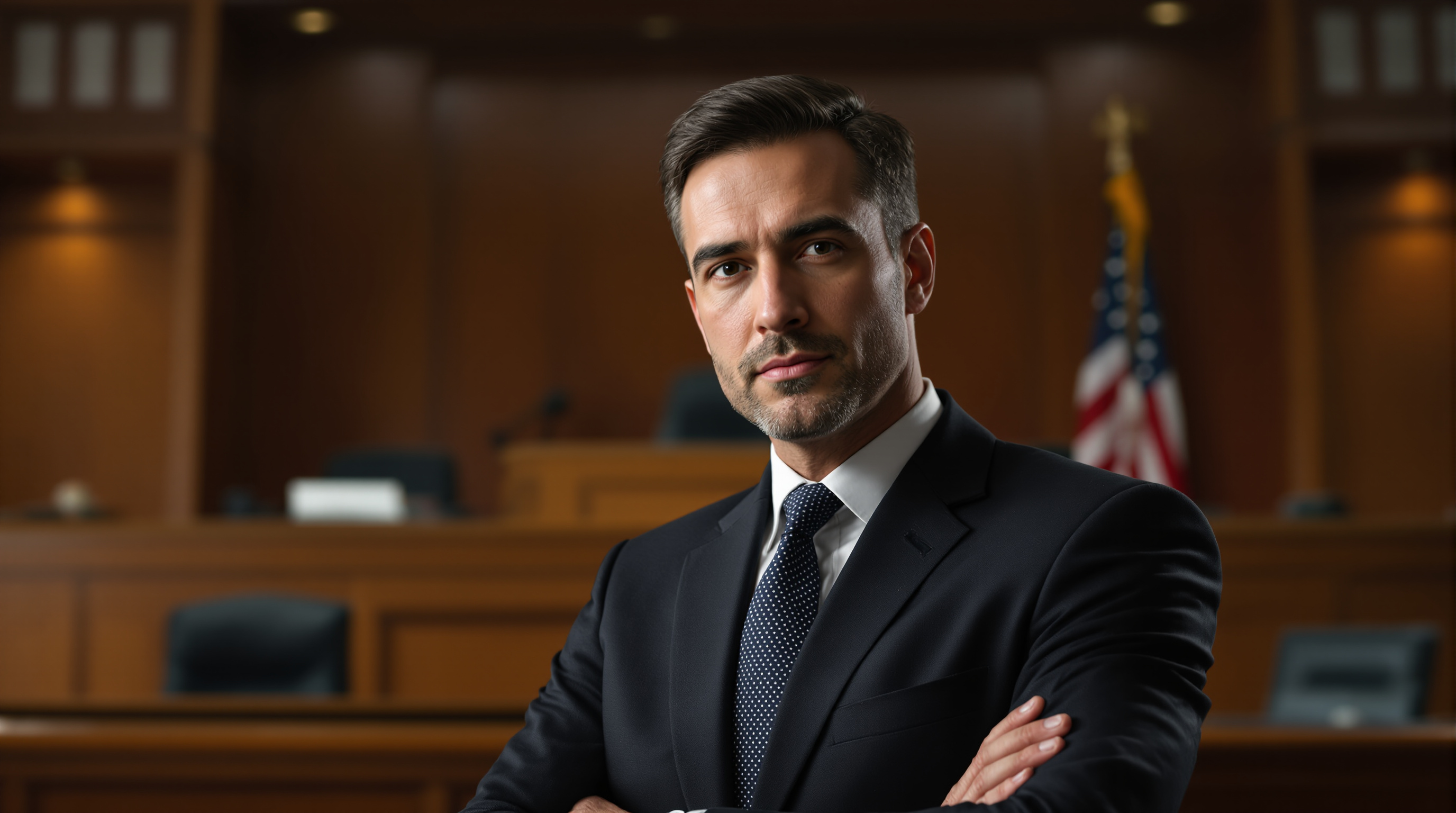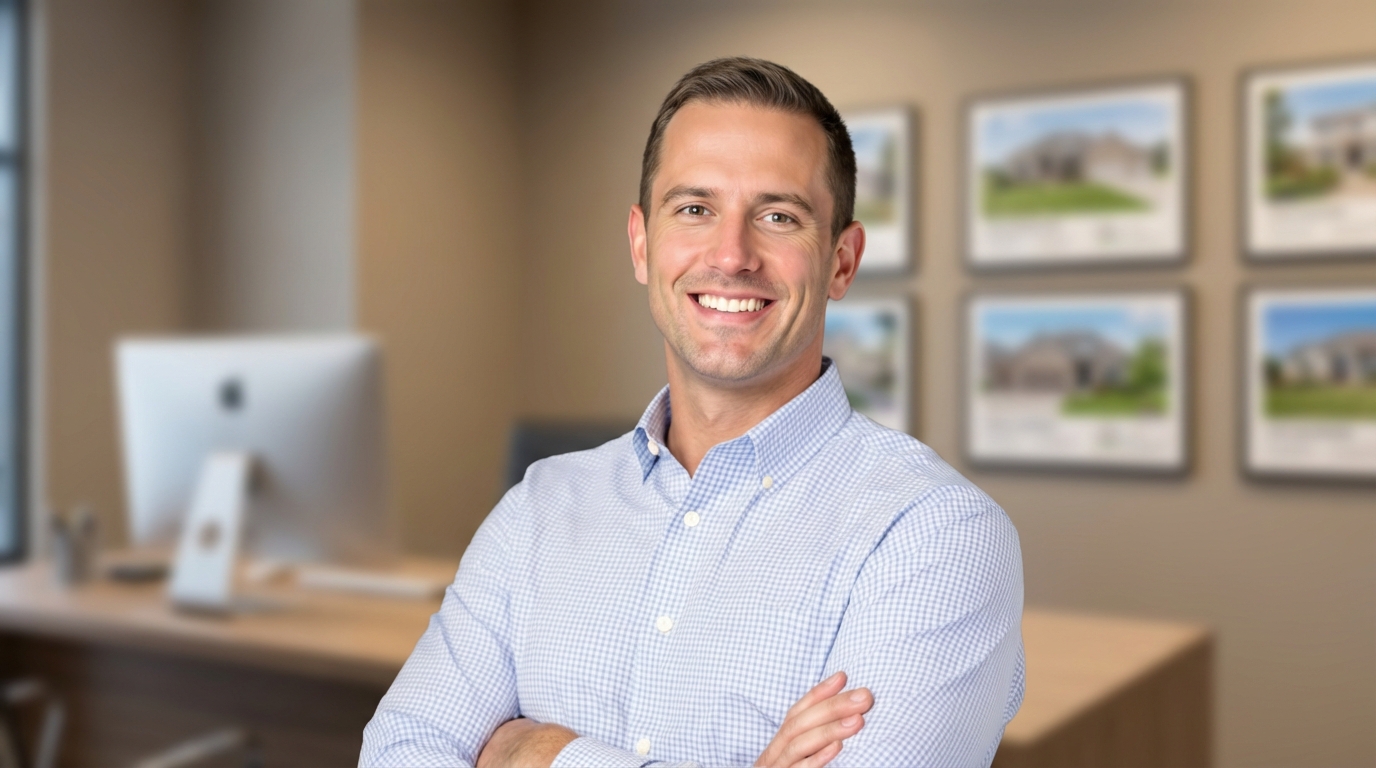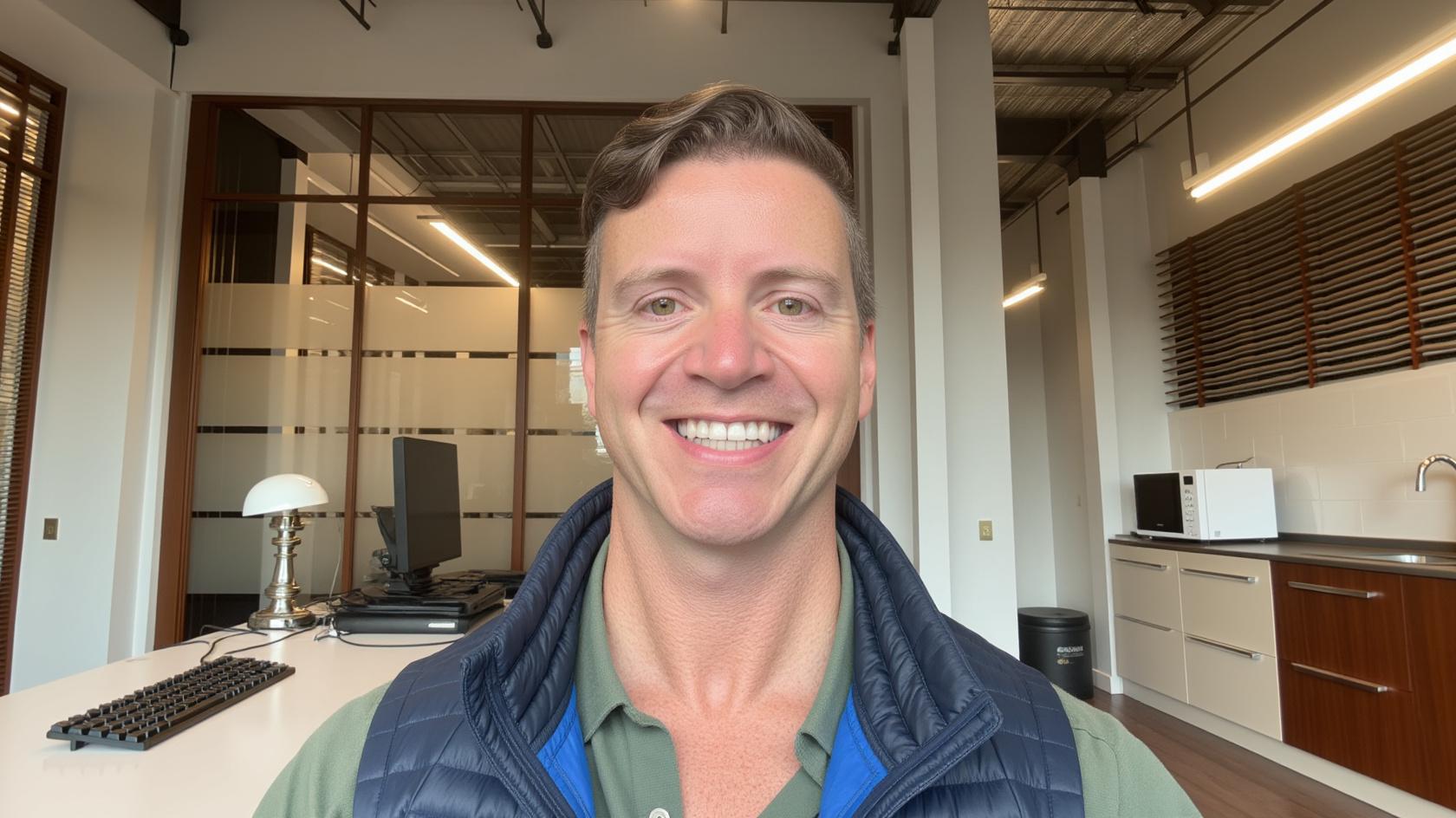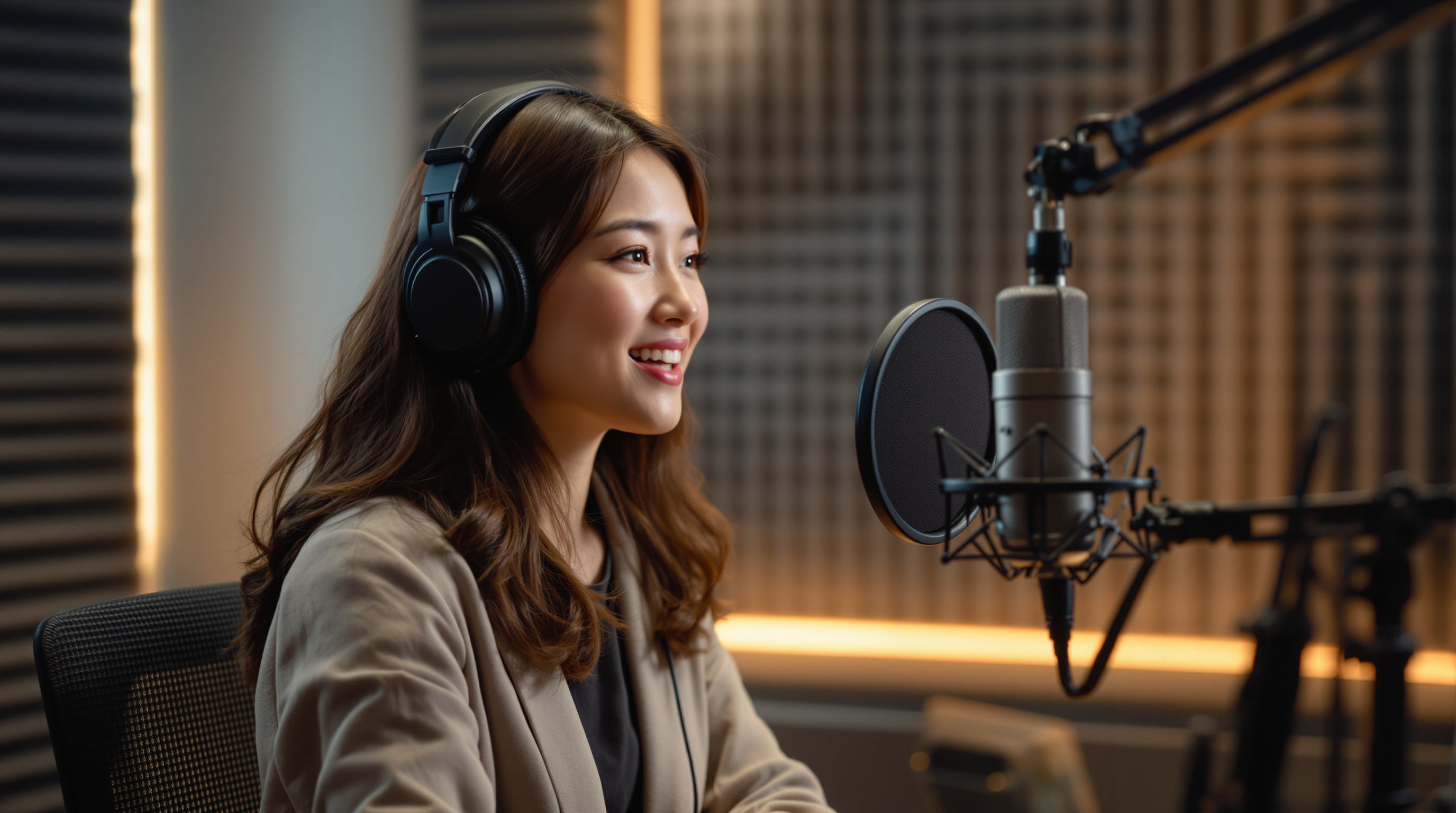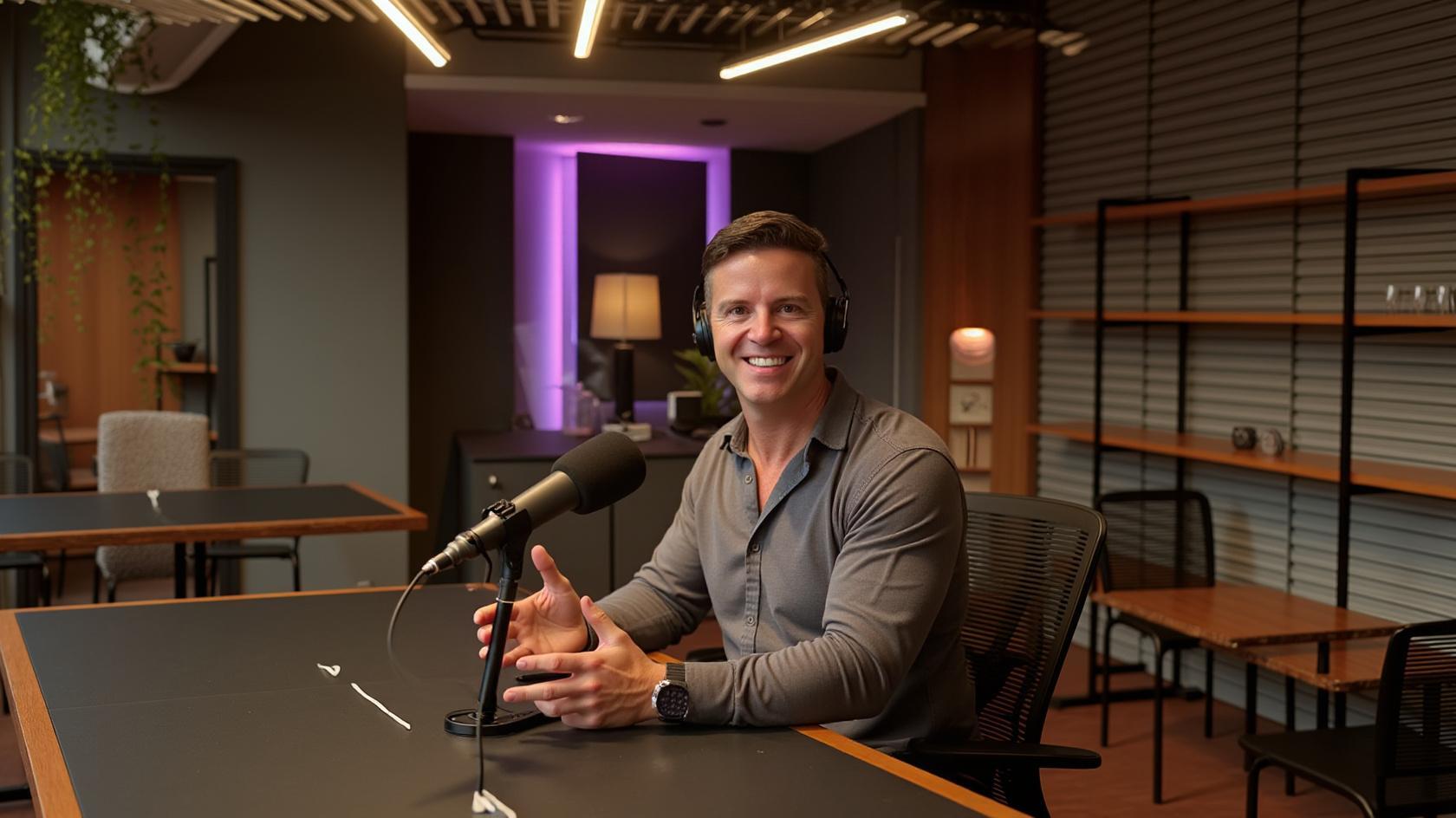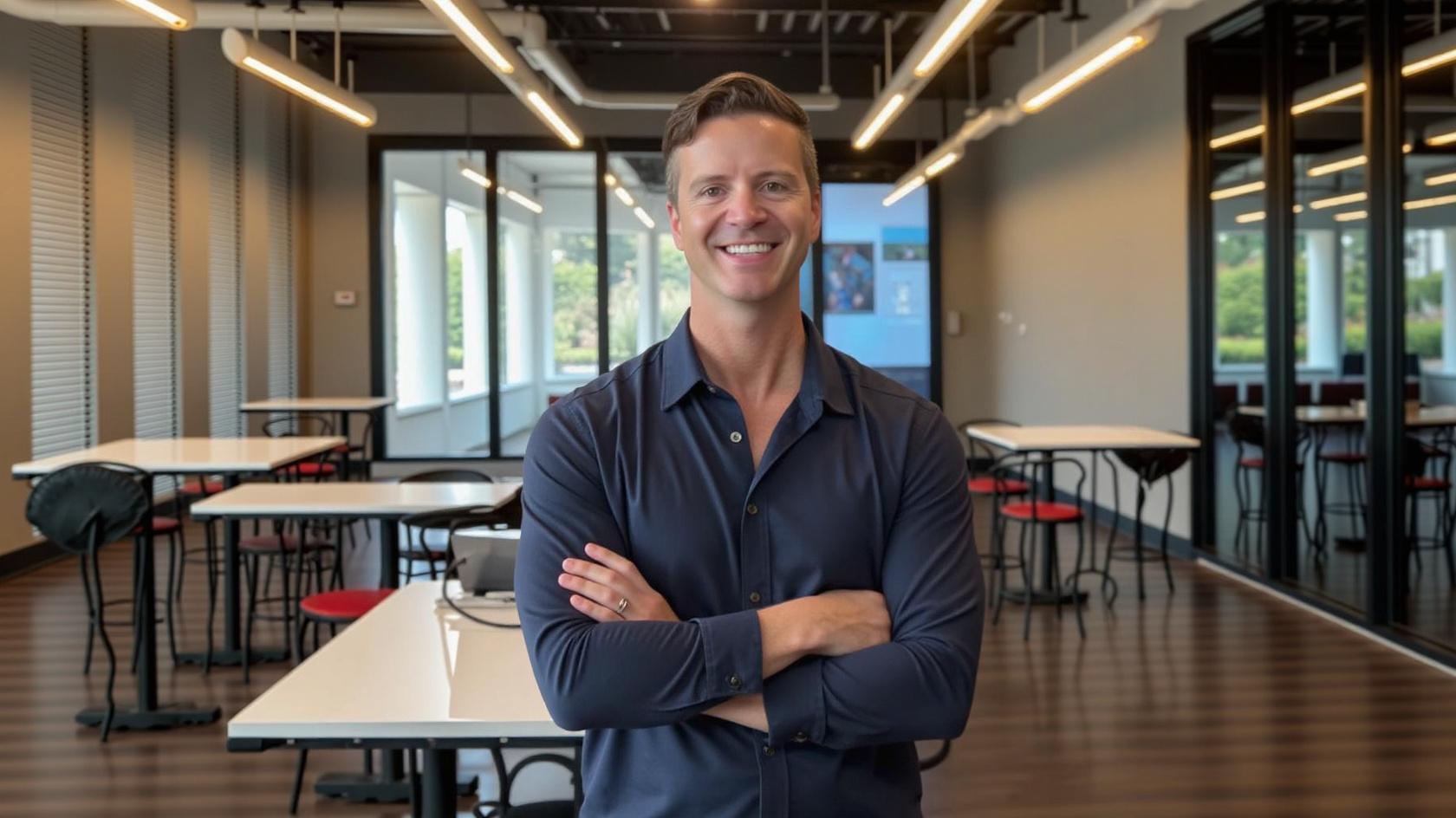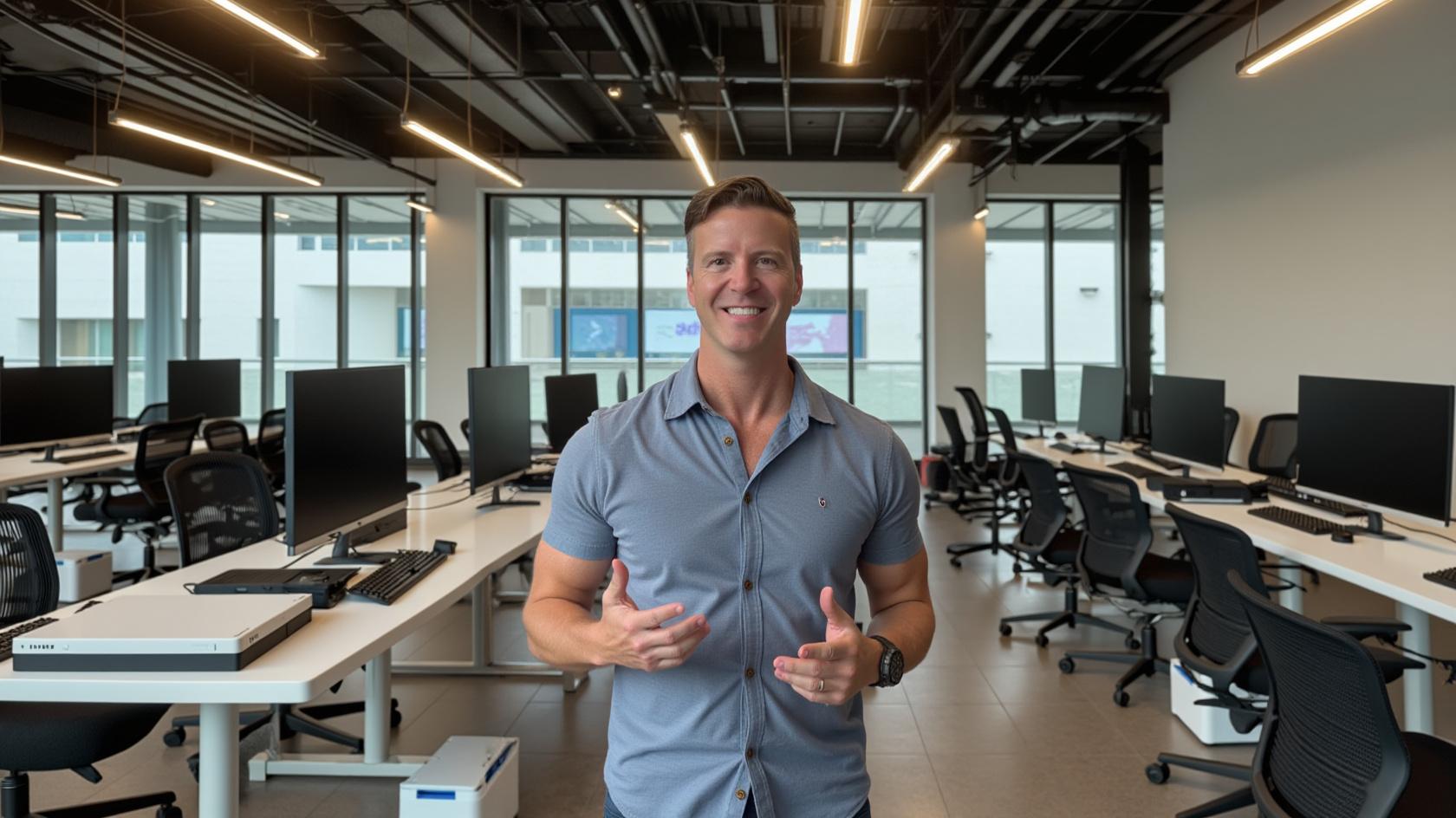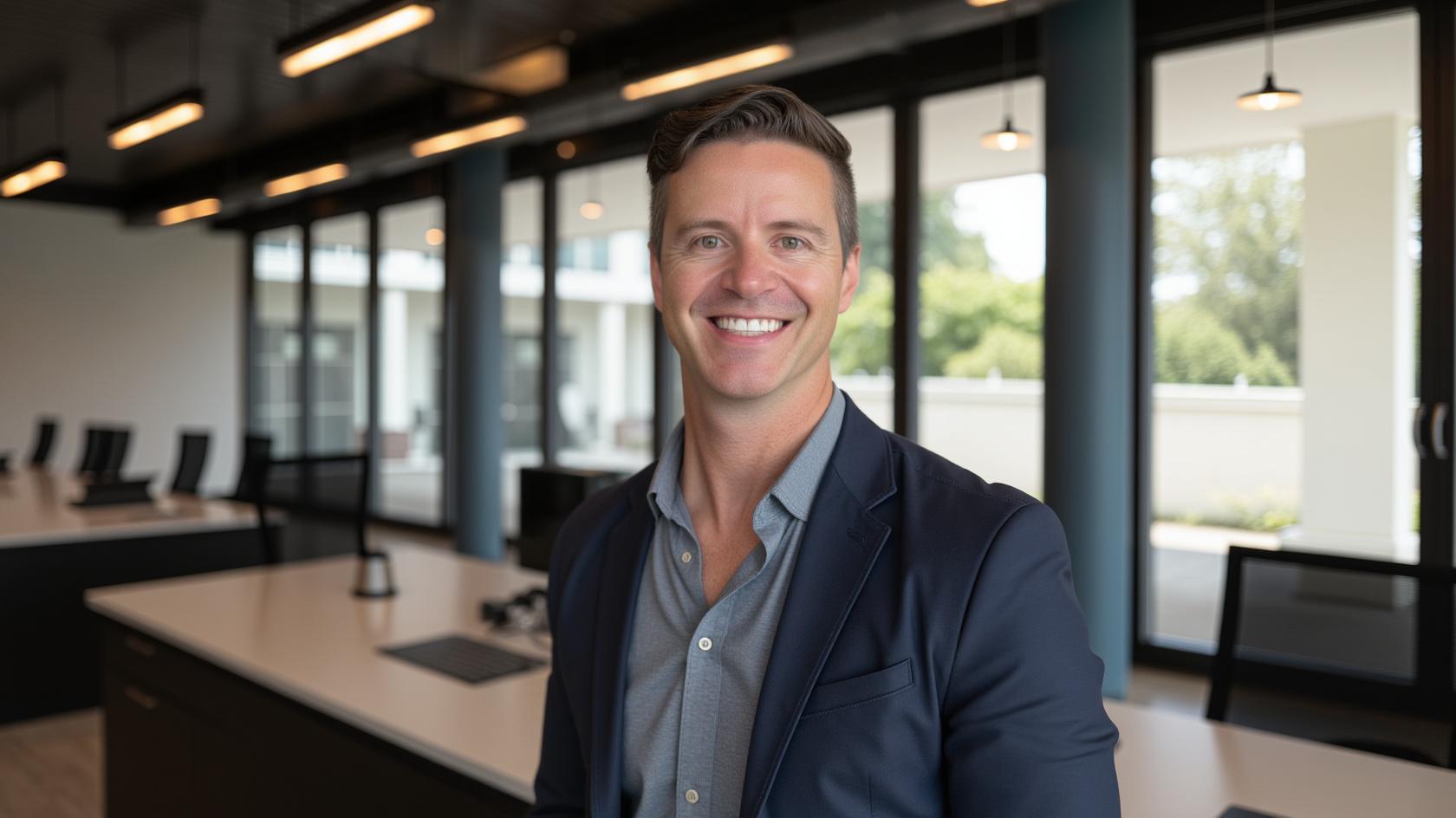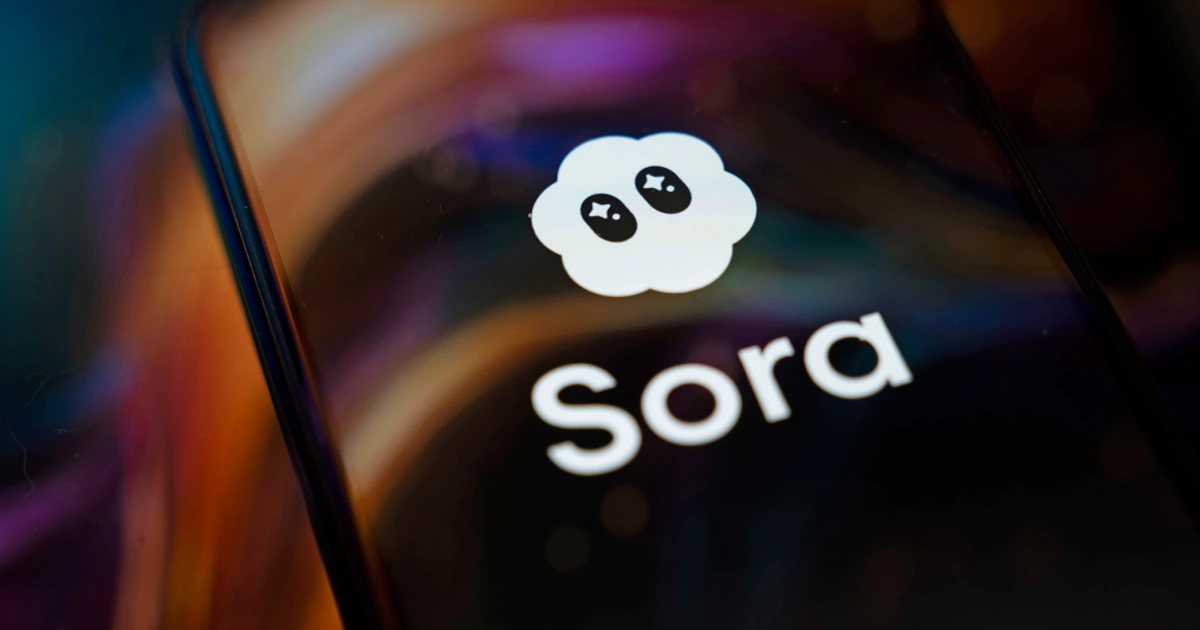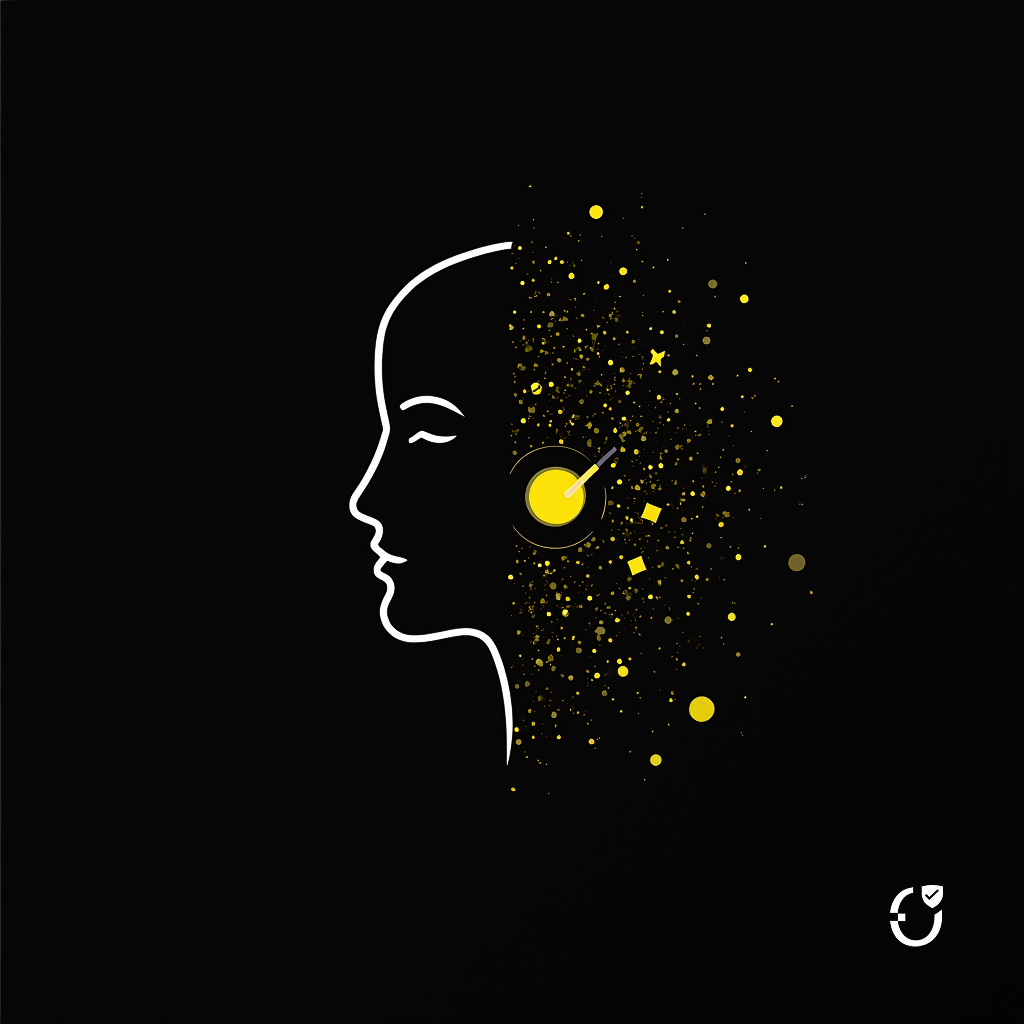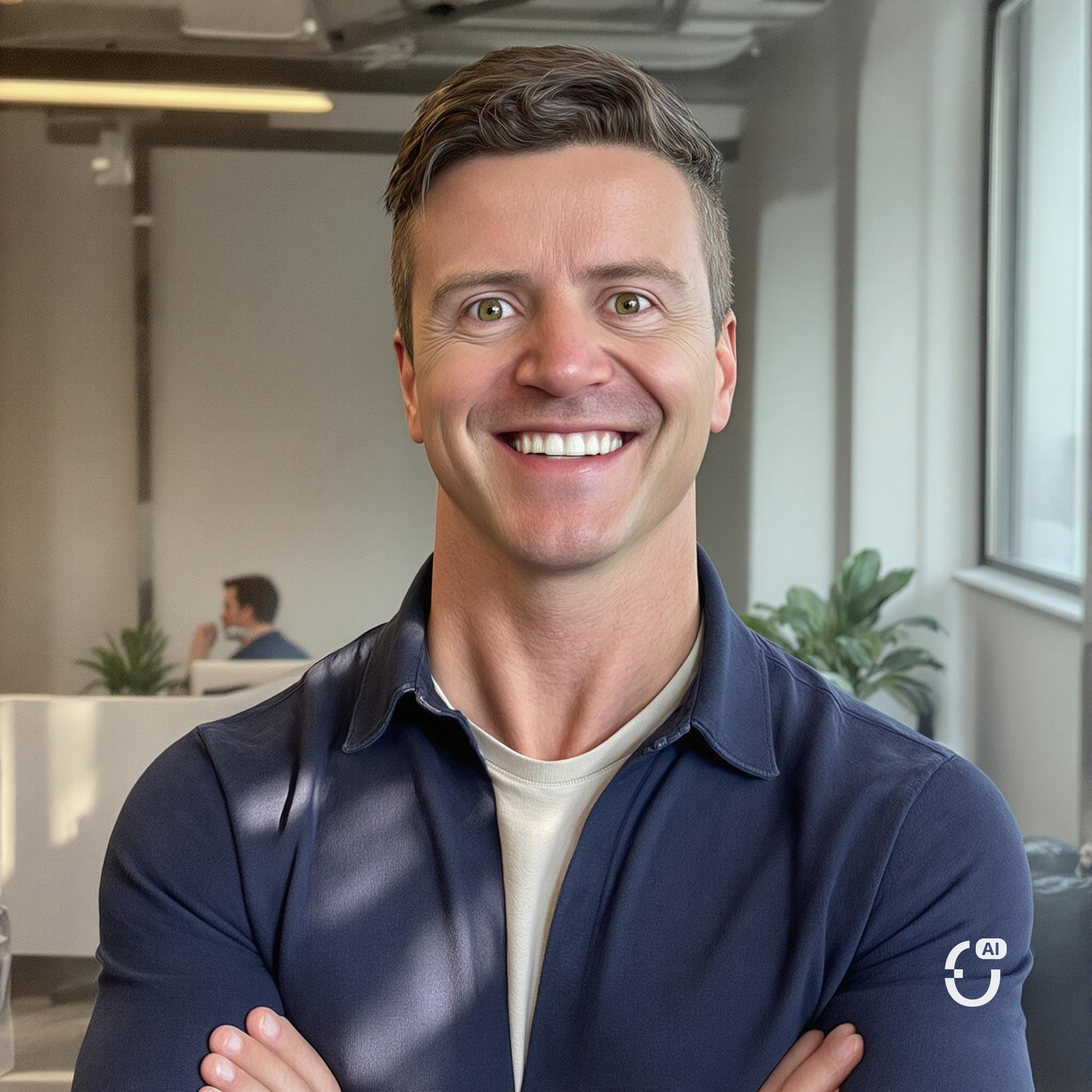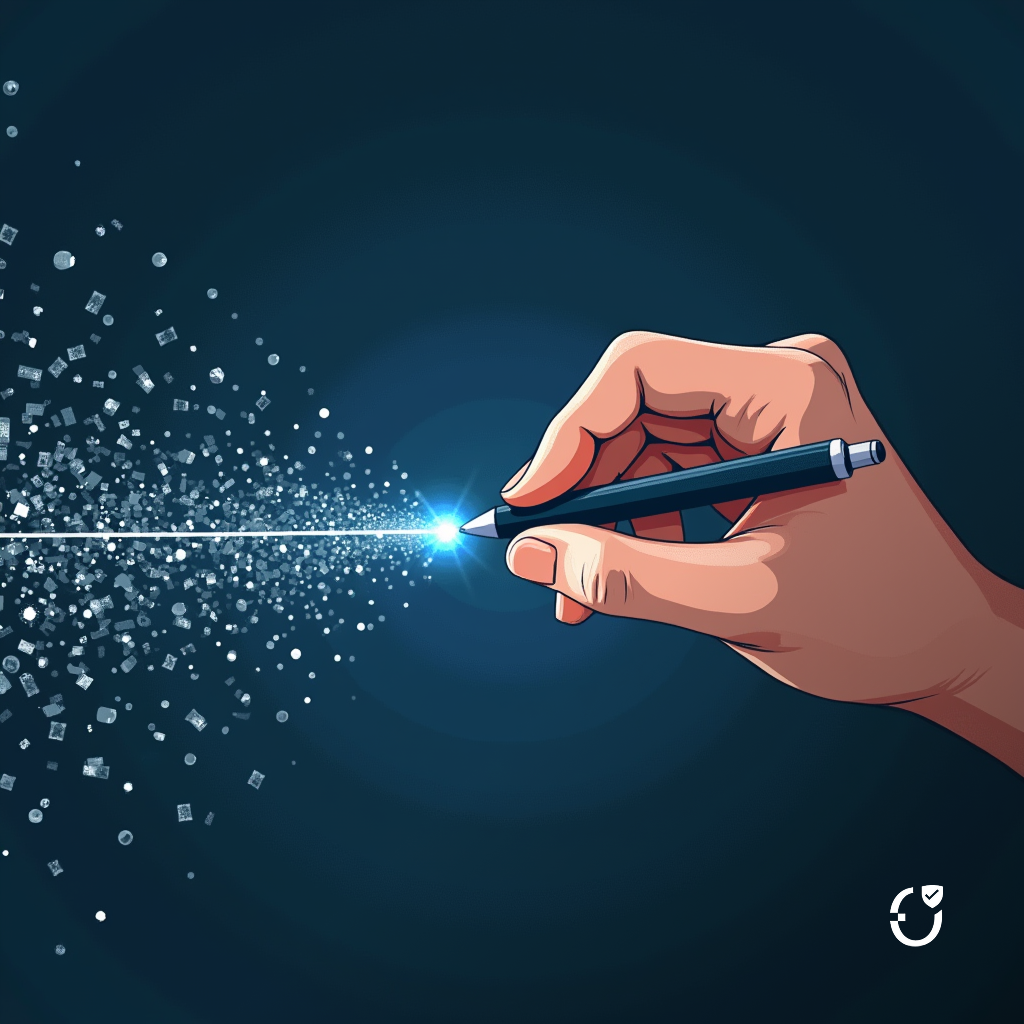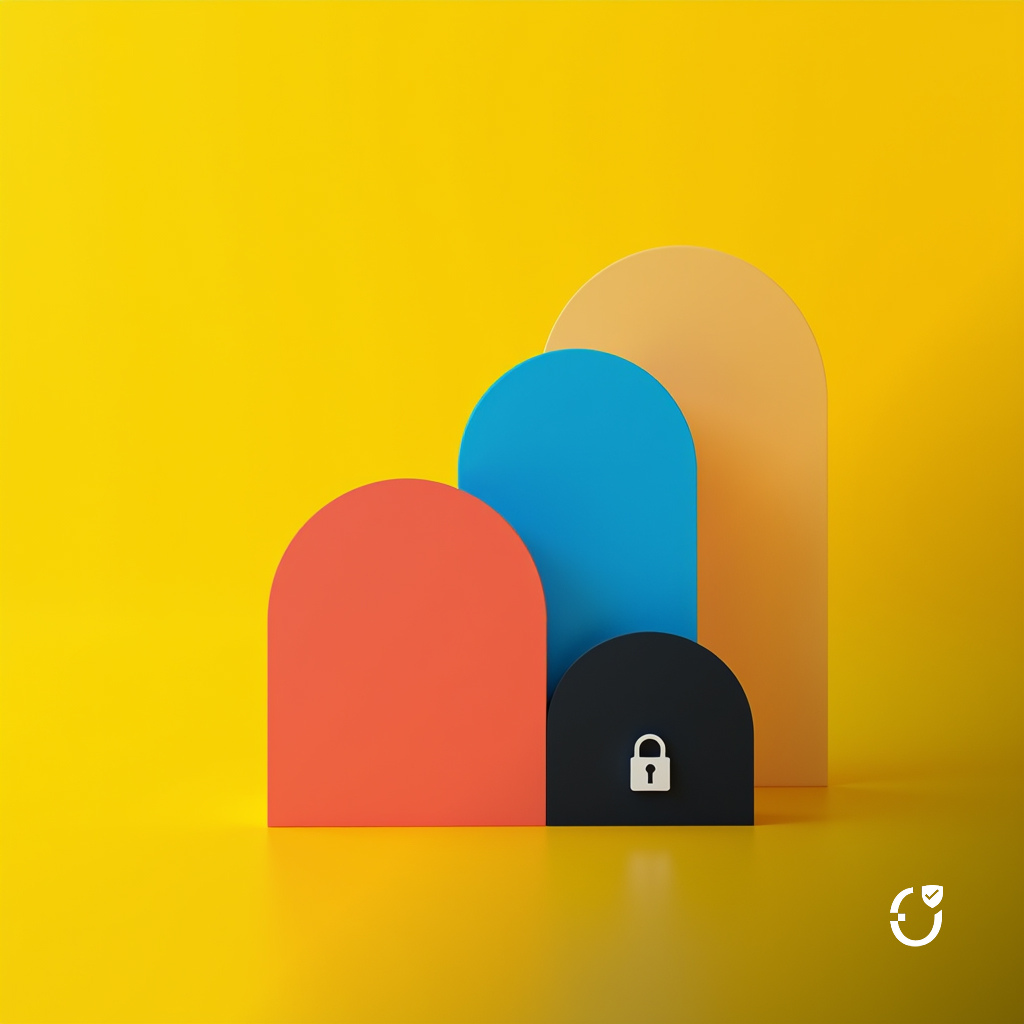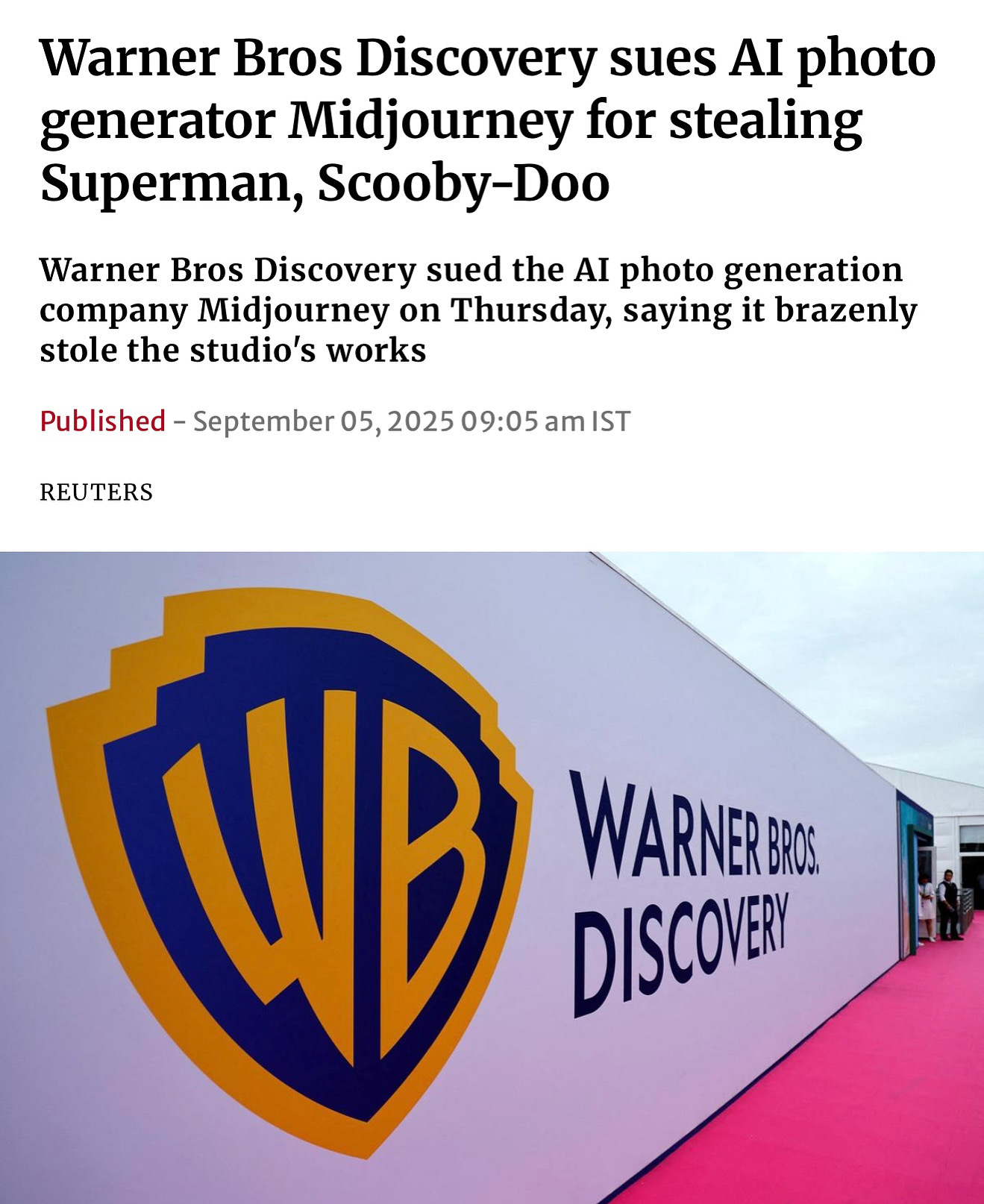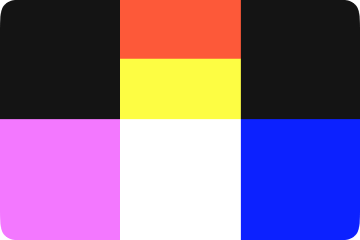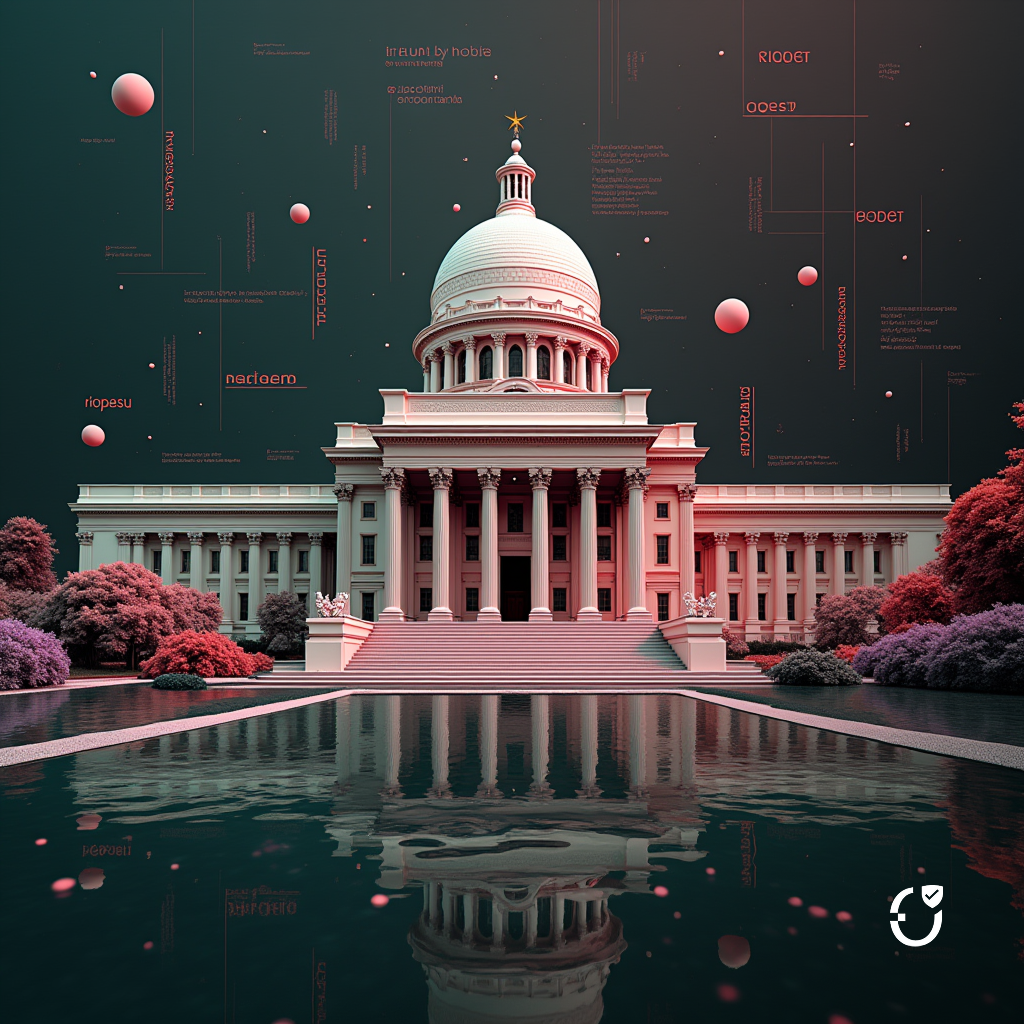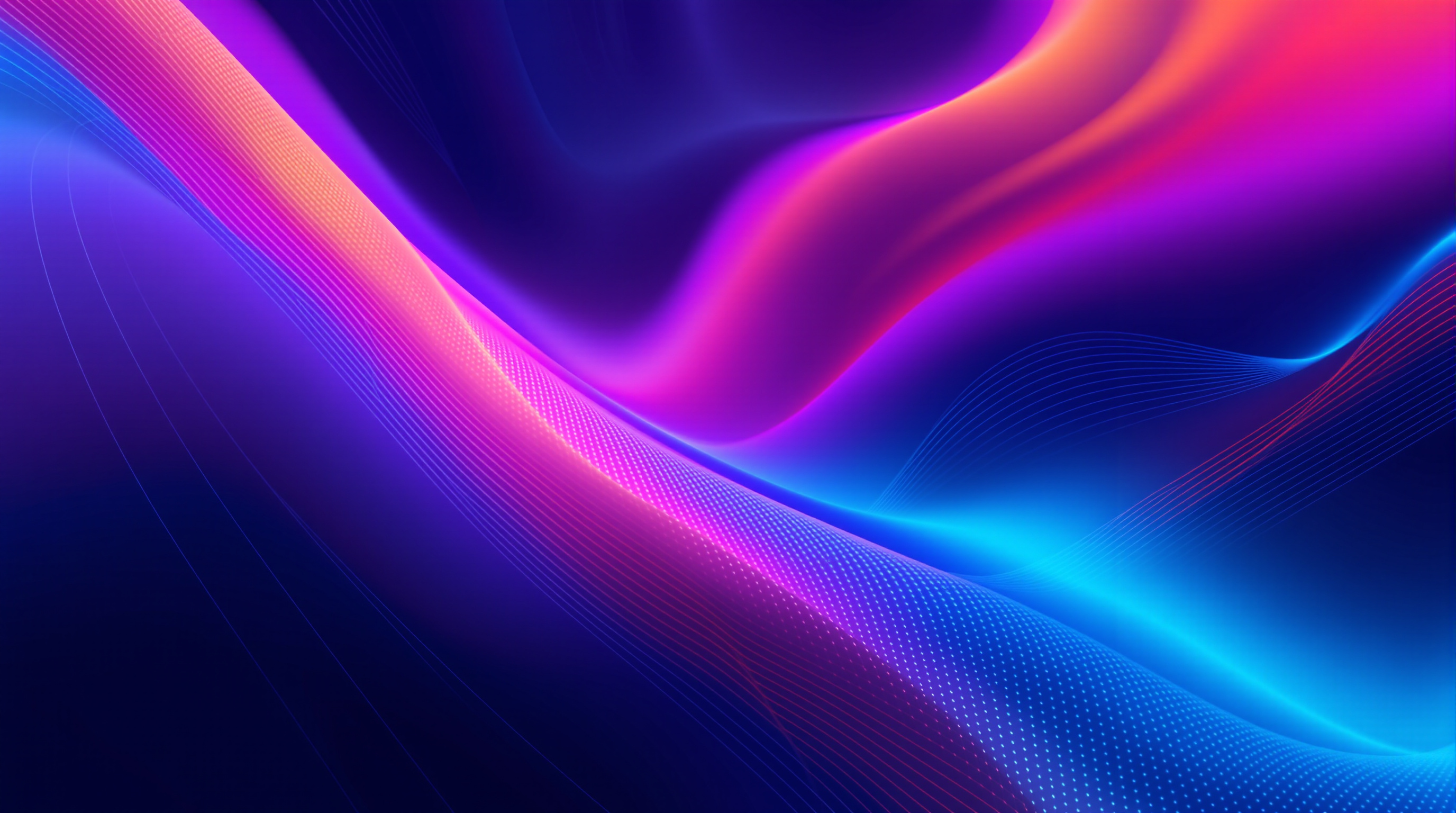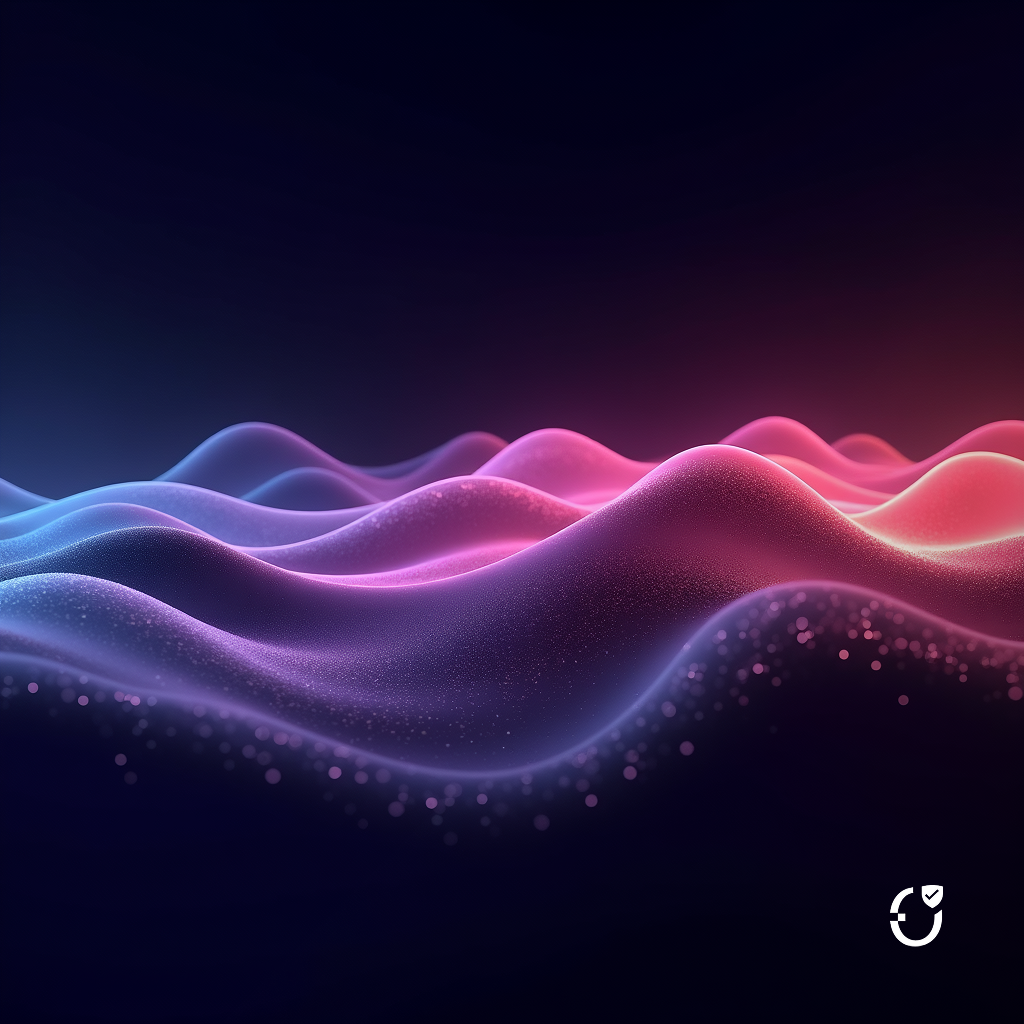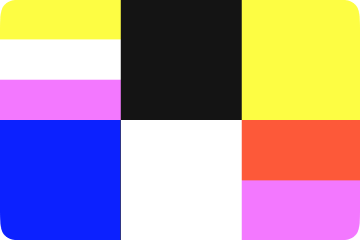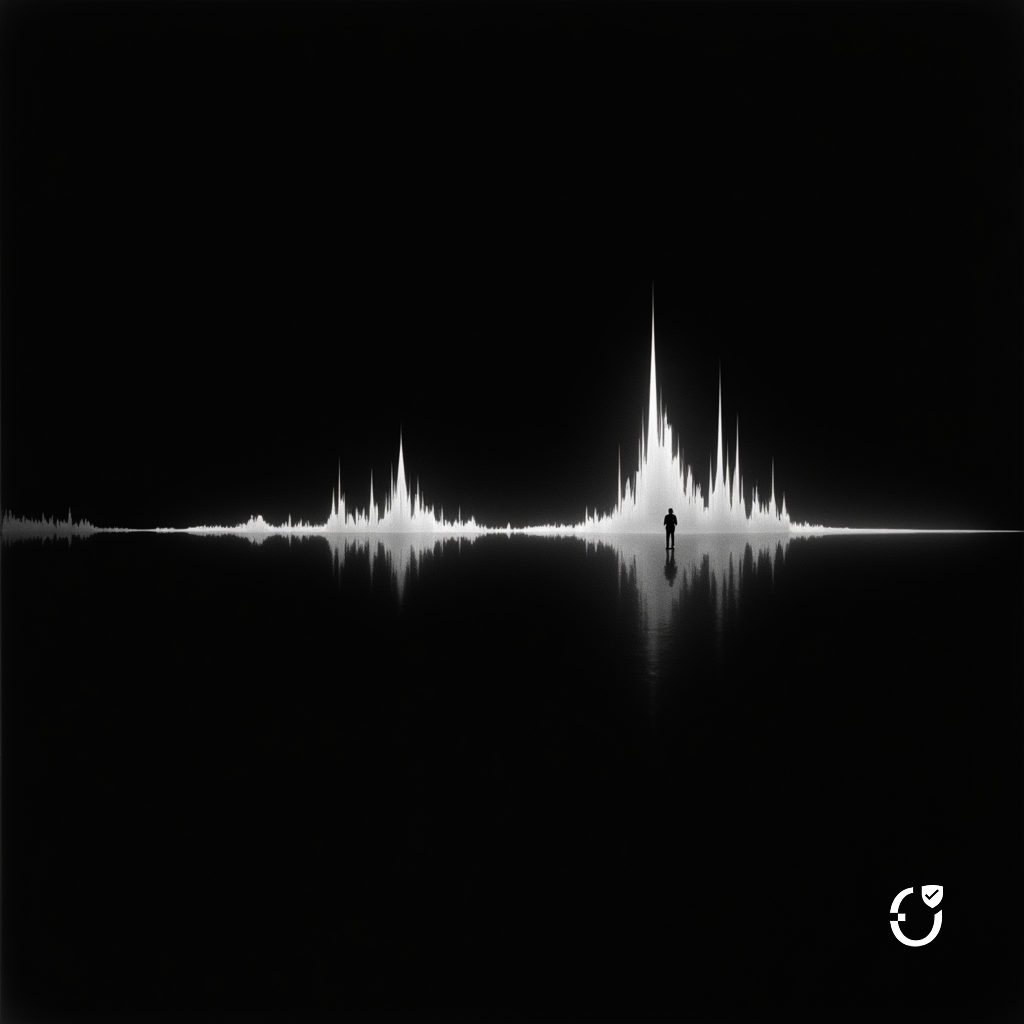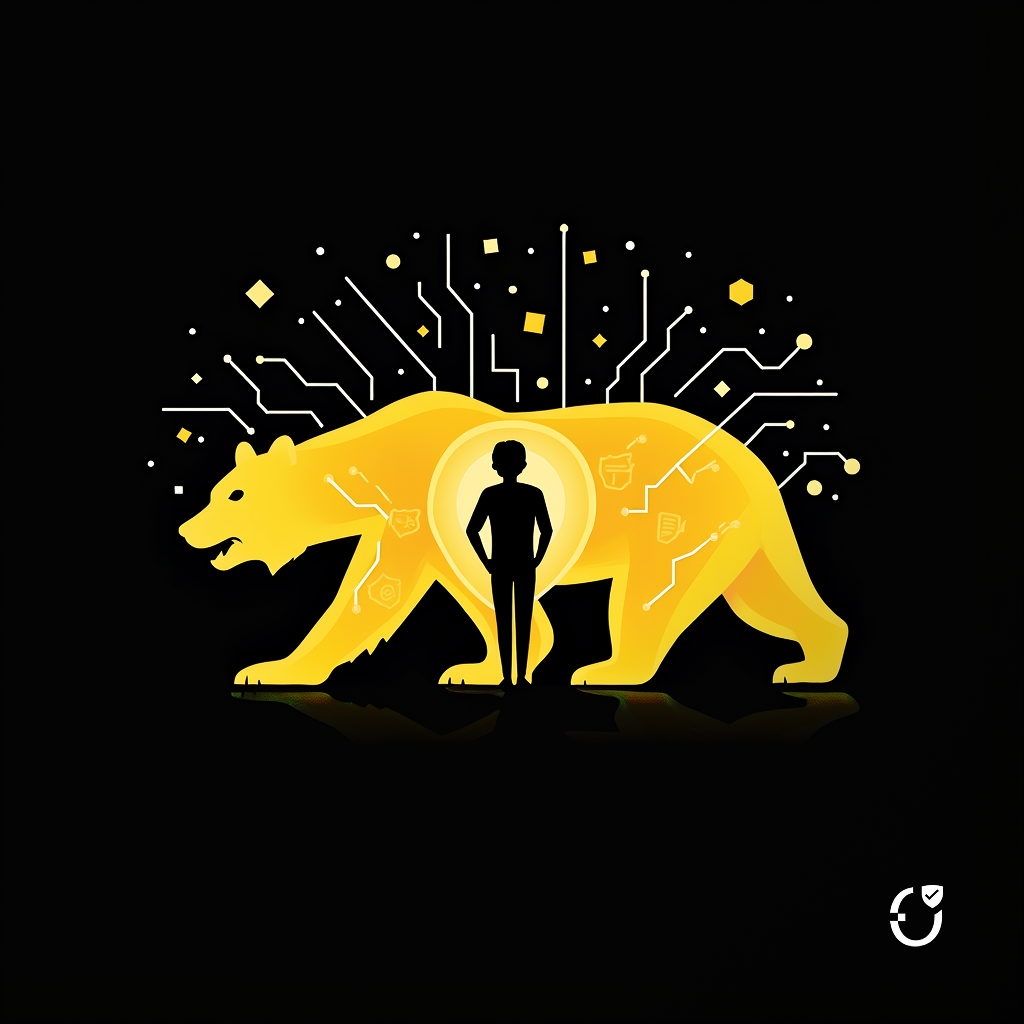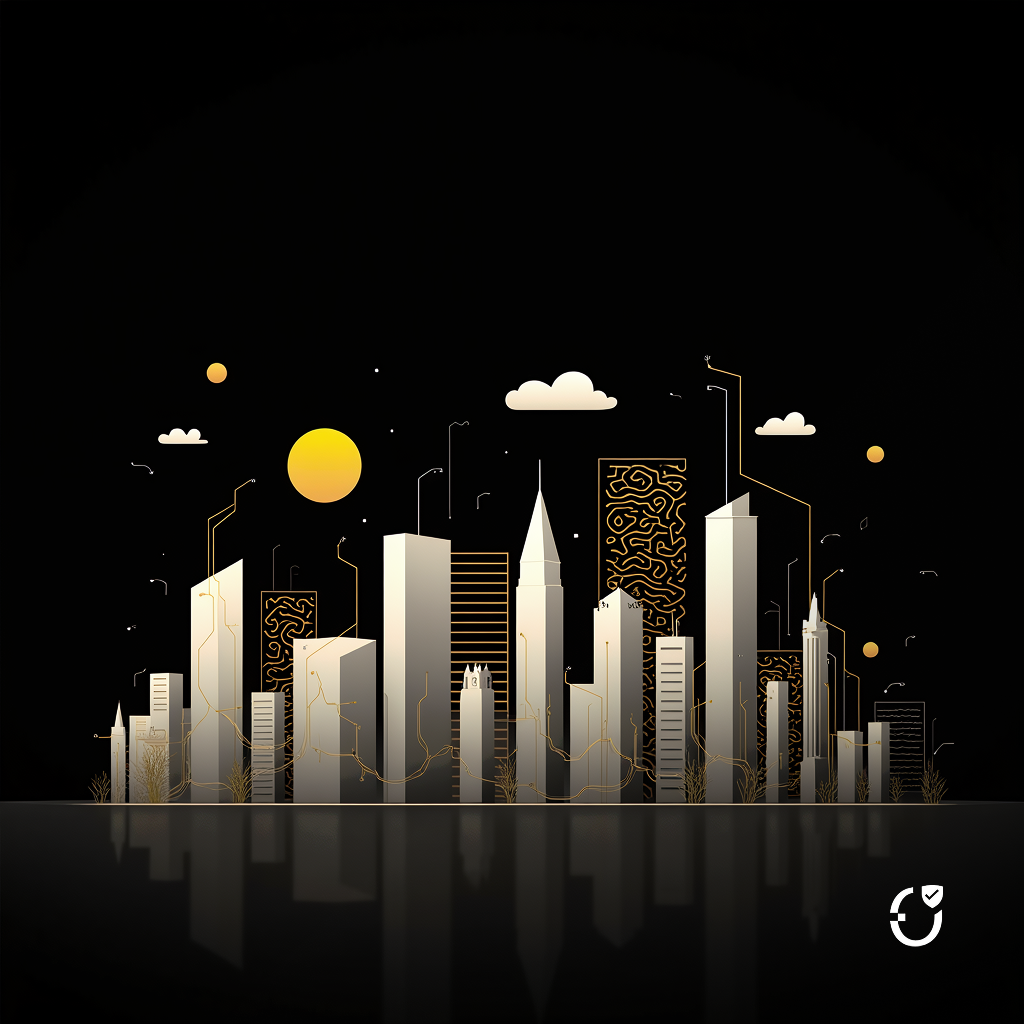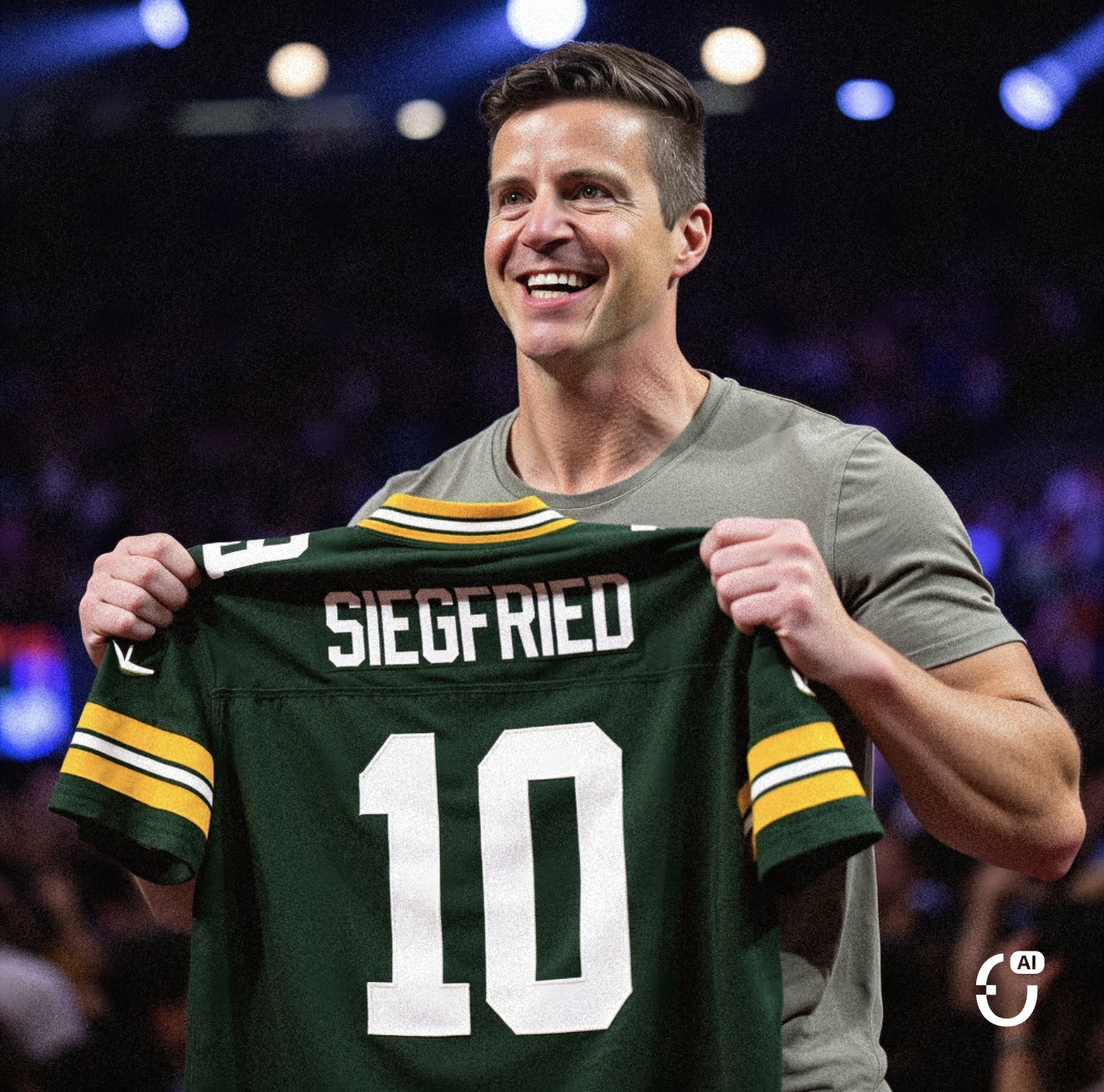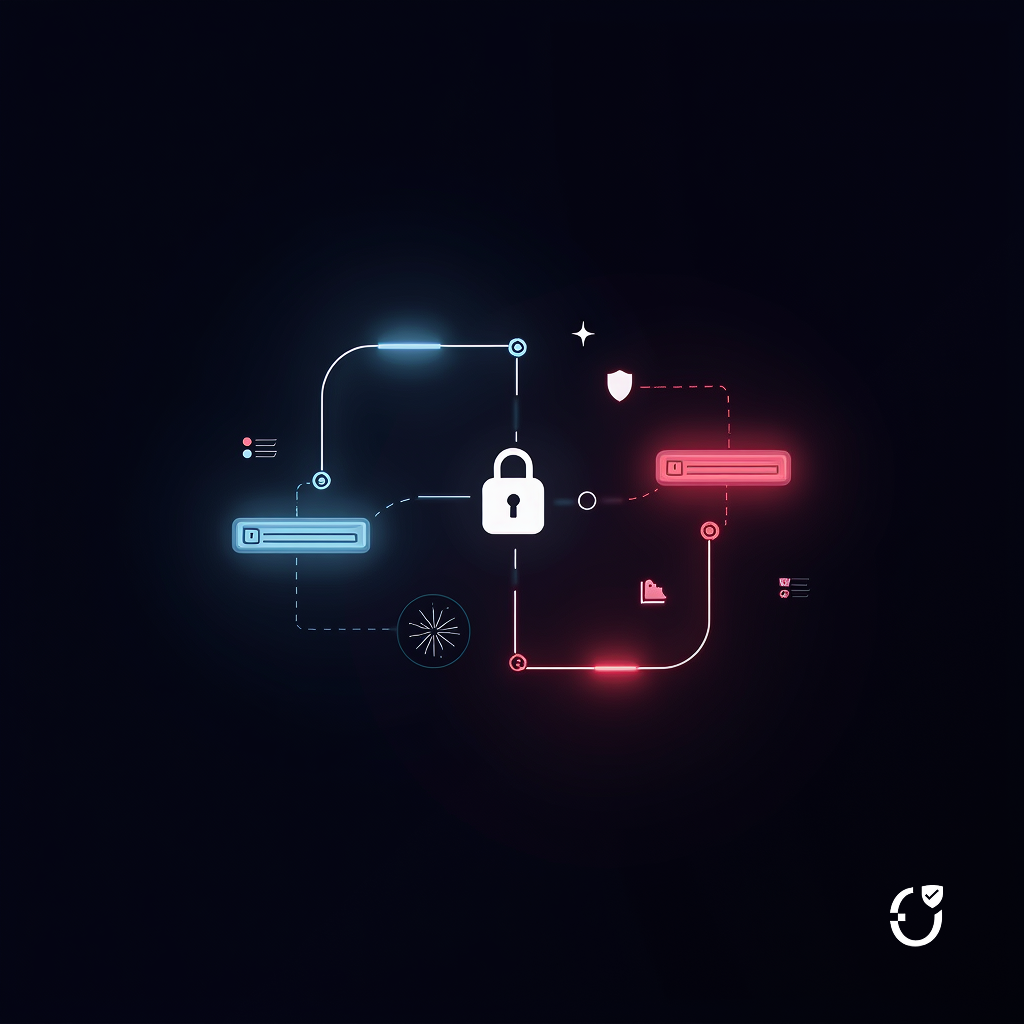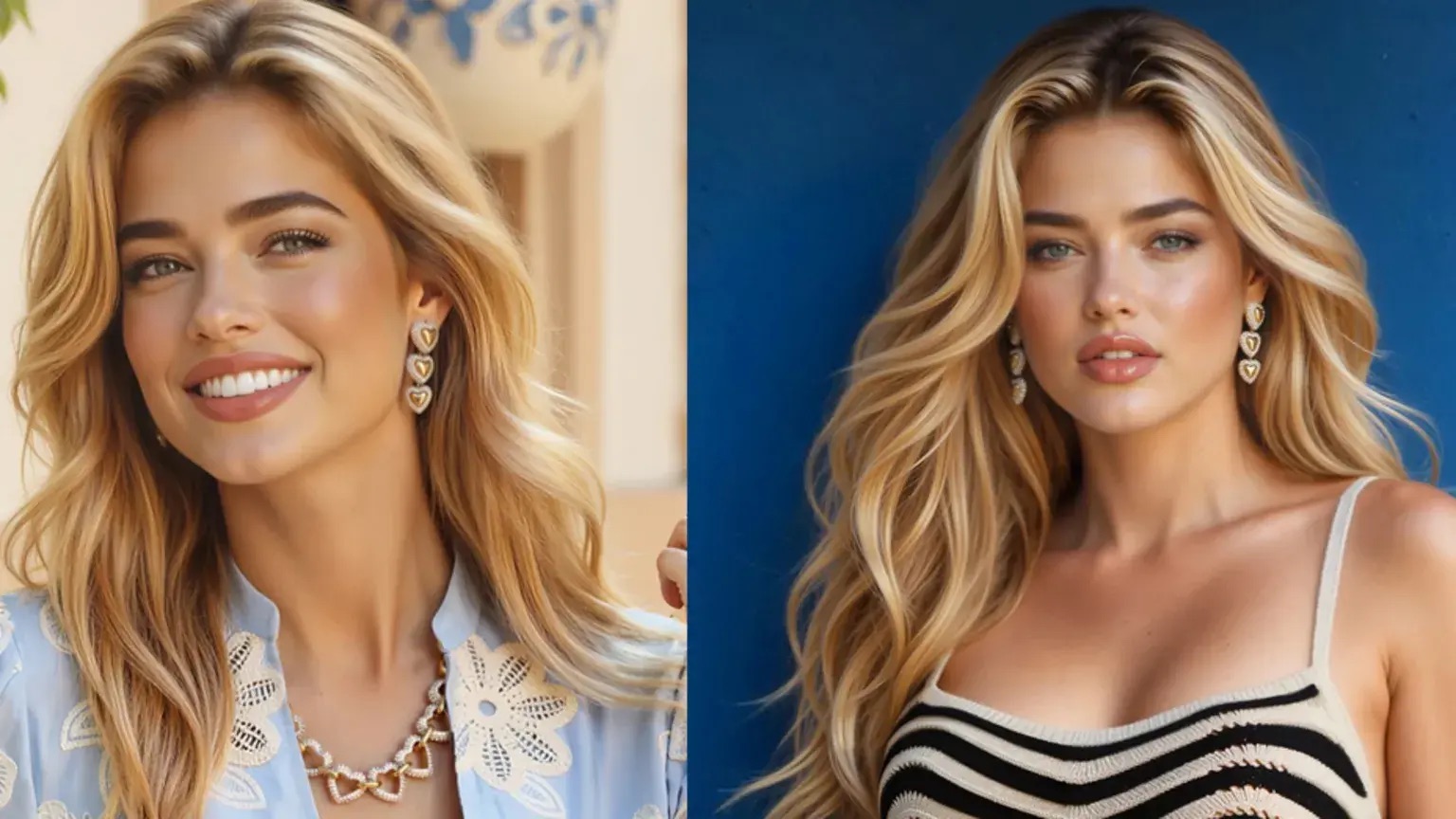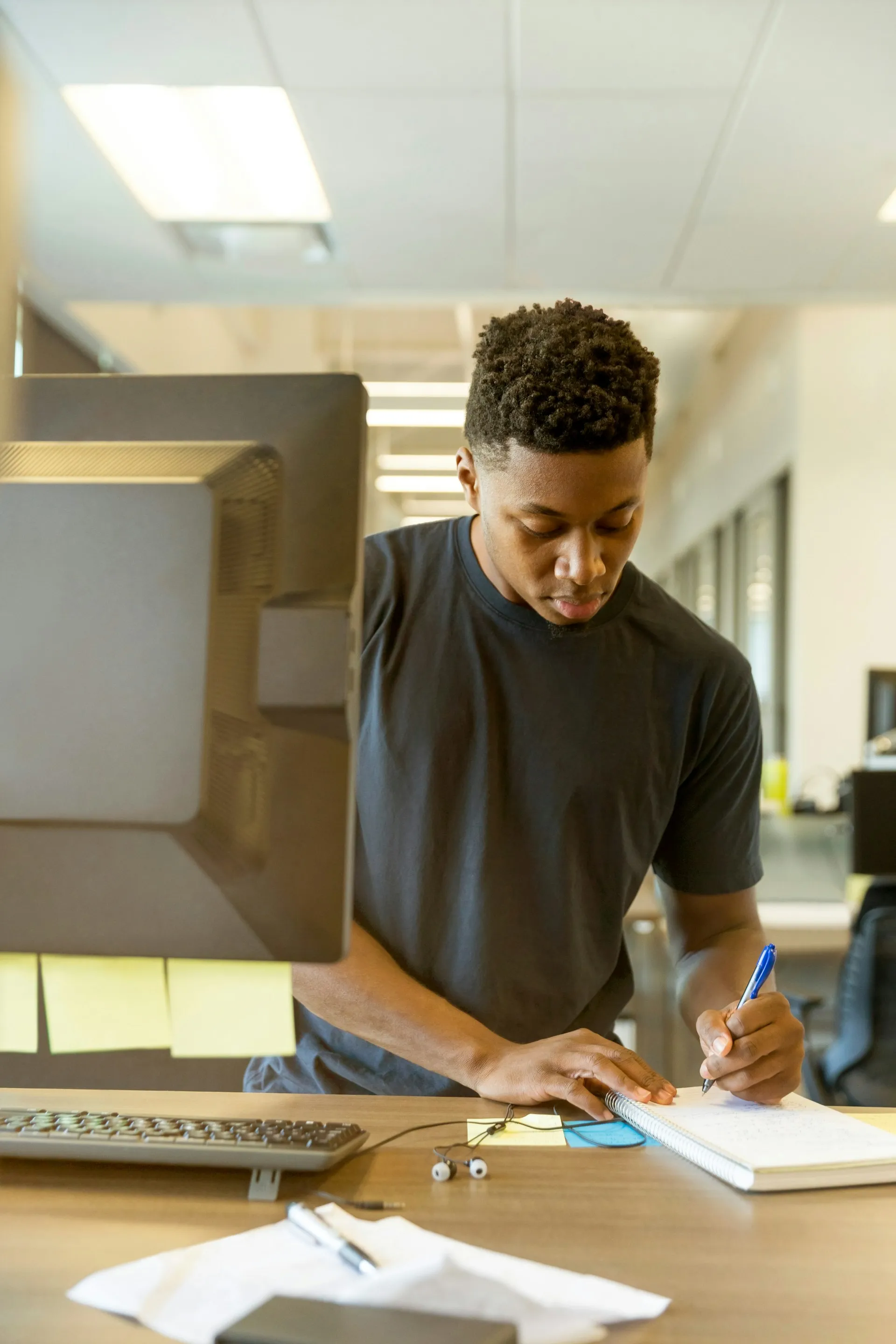Whether we're talking about Napster disrupting music, digital cameras transforming photography, or YouTube revolutionizing film and video, the story is always the same: those who embrace change early often reap the greatest rewards, while those who wait often find themselves playing catch-up in a game they no longer control.
The Pattern of Progress
Let me take you back to 1999. Napster had just launched, and the music industry was in chaos. Record labels were terrified of piracy, established artists like Metallica's Lars Ulrich fought bitterly against the platform, warning that unfettered sharing would destroy music's value. But others saw opportunity where most saw threat.
Chuck D of Public Enemy defended Napster as revolutionary, arguing that new artists would "thrive off the new system as opposed to trying to beg on the old system." He was right. When Apple launched iTunes in 2003, they essentially took Napster's concept, legalized and monetized it, and rode that early adoption to dominance in digital music retail.
Meanwhile, a teenage Justin Bieber was uploading homemade performance videos to YouTube in 2007. While the traditional music industry was still figuring out this "internet thing," Bieber built a massive following that led to a record deal by 2008. He became one of the first major artists born from an online platform—a testament to the power of being first.
The Cost of Hesitation
Not everyone was so bold. Kodak actually invented the first digital camera in 1975, but their leadership feared disrupting their lucrative film business and shelved the innovation. While Kodak hesitated, other companies pushed forward with digital cameras. We all know how that story ends—Kodak's reluctance to be their own early adopter proved fatal.
The photography world offers perhaps the clearest example of the early adopter advantage. In the 1990s, many photographers dismissed digital cameras as inferior to film. But news photojournalists quickly embraced digital for one compelling reason: speed. A digital photo could be transmitted to a newsroom within minutes—impossible with film. These early digital adopters consistently beat their competitors to the front page.
The Creative Renaissance
What fascinates me most about these technological shifts is how they don't replace human creativity—they amplify it. When Photoshop was introduced in 1990, traditionalists derided heavy editing as "cheating." They worried about the integrity of photography as truth. Yet Photoshop quickly became indispensable, and even world-renowned photographers like Annie Leibovitz now openly rely on digital post-processing to achieve their signature looks.
The same pattern emerged in filmmaking. When George Lucas shot Star Wars: Episode II entirely on digital cameras in 2002, it sent shockwaves through Hollywood. Many famous directors still insisted film was superior. But Lucas's leap of faith demonstrated the future of cinema. As one industry expert noted, "everyone could feel the thunder in the ground that would shake the entire industry."
Today's Moment of Truth
We're living through another one of these pivotal moments. AI-generated content is the new frontier, and predictably, it's sparking the same debates we've seen before. Some artists express anxiety that AI tools could copy their style or displace human creators. I've seen viral tweets warning about "watching the death of artistry unfold right before our eyes."
But I've also met artists who describe working with AI as "weirdly addictive," discovering that feeding text prompts into an AI yields startling, surreal images beyond their imagination. These pioneers don't see AI as replacing creativity—they see it as another medium to master.
At Official AI, we're building for these kinds of creators and brands. We're focused on consent, credit, and compensation—ensuring that AI enhances rather than exploits human creativity. Because here's what I've learned from studying technological shifts: the companies and creators who shape the ethical framework of new technology early often define how that technology develops for everyone else.
The Pioneer's Mindset
What separates early adopters from the hesitant majority? It's not recklessness—it's pattern recognition. The core creative impulse endures. New tools change techniques, but they also open novel frontiers. The artists, brands, and companies that embrace this reality early don't just adapt to change—they shape it.
The Choice Before Us
I think about this every day at Official AI. We're not just building technology; we're helping to define how AI and human creativity can work together ethically and effectively. The brands and creators working with us now aren't just early adopters of our platform—they're pioneers of a new era in content creation.
The choice facing every creative professional and brand today is the same choice that has defined every technological revolution: Do you wait on the sidelines until someone else has figured it all out? Or do you lean into the uncertainty, knowing that being first means having a voice in shaping what comes next?
History shows us that fortune favors the bold. The musicians who embraced digital distribution, the photographers who mastered digital cameras and Photoshop, the filmmakers who pioneered online content—they didn't just survive the transition. They defined it.
Building the Future Together
At Official AI, we believe we're at the beginning of a creative renaissance. AI isn't replacing human creativity—it's amplifying it in ways we're only starting to understand. But this renaissance won't happen automatically. It will be shaped by the pioneers who are brave enough to experiment, to push boundaries, and to help establish the ethical frameworks that will guide this technology.
The question isn't whether AI will transform creative industries—it's already happening. The question is whether you'll be part of defining that transformation or watching it happen from the sidelines.
As I've learned from every conversation with early adopters on our platform: the fear of being first is natural, but the benefit of being first is the chance to lead the way. And in a world where technology moves at the speed of light, there's never been a better time to be a pioneer.
If you're ready to explore how AI can enhance your creative work while maintaining complete control over your image and brand, I'd love to hear from you.



